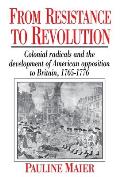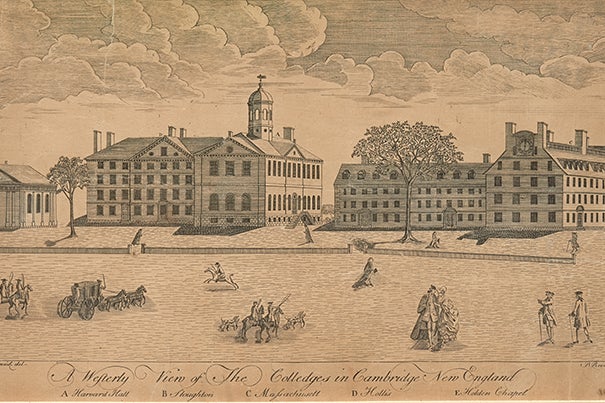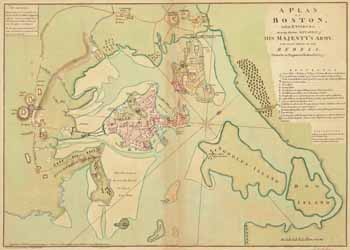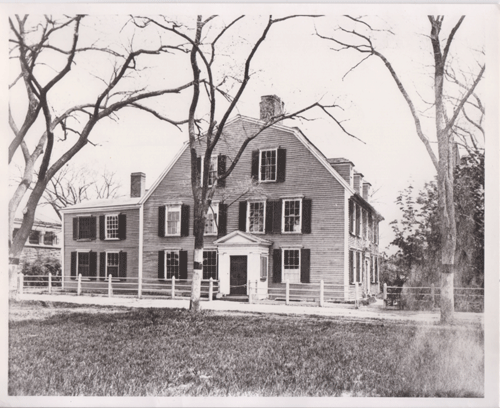“The enemy had thrown up three very extensive works”
Those weren’t strong fortifications—they were primarily wooden, with fascines (bundles of sticks) lying between chandeliers (frames sticking up like the pickets of a fence). But Howe could see men at work strengthening those barriers with earth.
Sixteen days later, Howe described his response in a letter to the Earl of Dartmouth:
On the 2d instant [i.e., of this month], at night, the rebels began a cannonade upon the town from Roxbury and Phipps’s Farm [in Cambridge], and threw some shells from both places, without doing any personal damage, and but little to the buildings; the same was repeated on the evenings of the 3d and 4th, by which only six men were wounded; the fire being returned from our batteries, but at such a distance as to be very uncertain in the execution.The Continentals had actually armed their new forts with cannon on that first night. They had even brought the makings of barracks so that hundreds of soldiers could man those positions all night. It was a very well planned operation, a great contrast to the brave but ultimately unsuccessful improvisation that marked the provincial move onto the Charlestown peninsula the previous June.
It was discovered on the 5th, in the morning, that the enemy had thrown up three very extensive works, with strong abatis round them, on the commanding hill on Dorchester Neck, which must have been the employment of at least twelve thousand men in a situation so critical.
I determined upon an immediate attack, with all the force I could transport. The ardor of the troops encouraged me in this hazardous enterprise; regiments were expeditiously embarked on board transports to fall down the harbor, and flat-boats were to receive other troops, making the whole two thousand four hundred men, to rendezvous at Castle William, from whence the descent was to be made, on the night of the 5th, but the wind unfortunately coming contrary and blowing very hard, the ships were not able to get to their destination, and this circumstance also making it impossible to employ the boats, the attempt became impracticable.
The weather continuing boisterous the next day and night, gave the enemy time to improve their works, to bring up their cannon, and to put themselves into such a state of defence that I could promise myself little success by attacking them under all the disadvantages I had to encounter; wherefore I judged it most advisable to prepare for the evacuation of the town, upon the assurance of one month’s provision from Admiral [Molyneux] Shuldham, who, in this emergency, as he has on every other occasion, offered all the assistance he could afford.
Howe wrote that report on board H.M.S. Chatham, floating off the Massachusetts coast. The siege of Boston was over.















